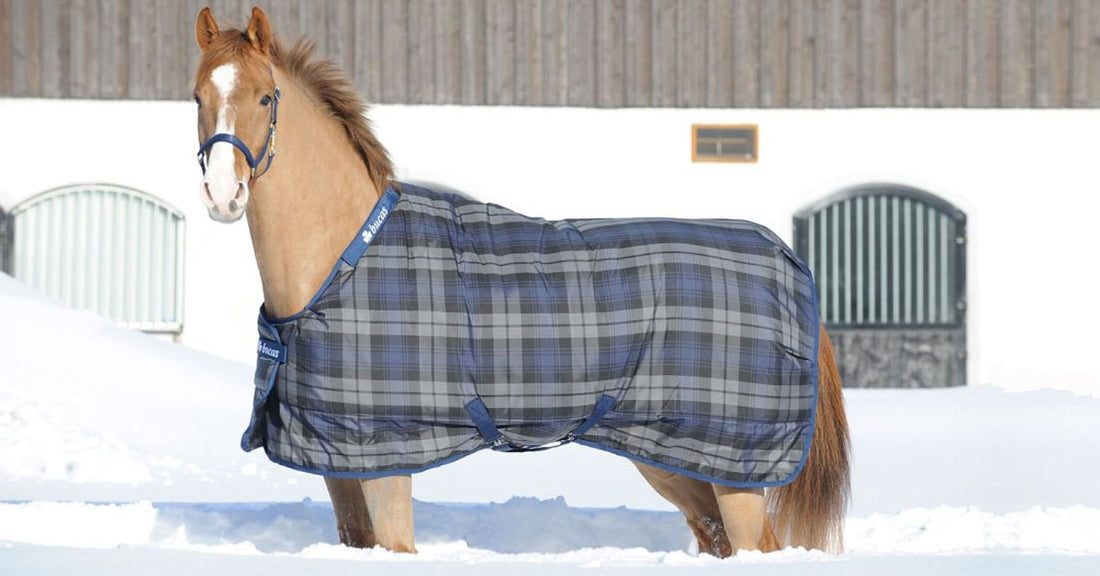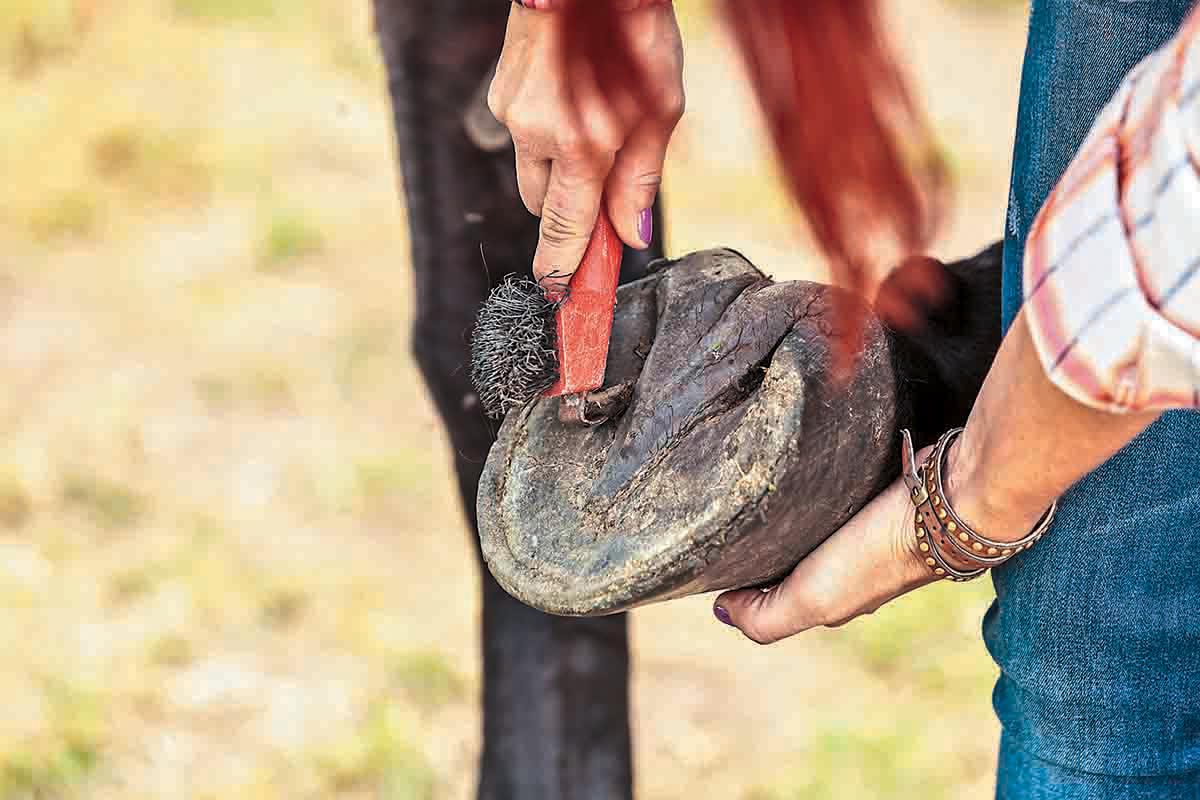
How to Stop a Horse from Bucking? Terrific Tips Here
Share
Bucking is one of the most frustrating and potentially dangerous behaviors that a horse can exhibit. As a health-conscious pet owner, understanding how to stop a horse from bucking is crucial for both your safety and your horse's well-being. This article aims to provide you with remarkable insights and life-changing strategies to help mitigate this issue effectively.
Whether you're a new horse owner or an experienced equestrian, addressing bucking is a challenge that requires specific techniques, patience, and knowledge. By adopting the right approach, you can transform your riding experience and strengthen the bond you have with your horse.

Understanding the Reasons Behind Bucking
Bucking can stem from a variety of factors including physical discomfort, fear, or even behavioral issues. Recognizing these triggers is the first step toward resolving the problem. Some common reasons include:
- Physical Discomfort: Horses may buck if they are experiencing pain from their saddle, back, or hooves. Make sure to regularly assess the condition of your horse's tack and consult a veterinarian if you suspect any underlying health issues. For more on this topic, check out hoof abscess in horses.
- Fear or Anxiety: A horse that is unsure about its environment, a sudden noise, or an unfamiliar object may react by bucking in an attempt to get away from the perceived threat.
- Lack of Training or Discipline: Sometimes, a horse simply hasnt been trained properly. Inconsistent handling can lead to behavior issues. Effective groundwork training is vital.
Key Techniques to Curb Bucking
1. Proper Saddle Fitting
If your goal is to understand how to stop a horse from bucking, start by ensuring that your horse's saddle fits properly. A poorly fitting saddle can cause pain, leading to bucking. Consult with a professional saddle fitter for advice that considers your horse's anatomy.
2. Consistent Groundwork
Groundwork is a crucial aspect of training that allows you to establish a solid foundation with your horse. This helps boost their confidence and establishes you as the leader, minimizing the potential for bucking.
3. Positive Reinforcement
Using positive reinforcement can go a long way in changing a horse's behavior. Reward the horse for calm and relaxed behavior, helping them to associate a calmer state of mind with positive outcomes.
4. Desensitization
Exposing your horse gradually to stimuli that may cause fear or anxiety will help them become more comfortable. This gradual process may prevent bucking in response to surprises during training.
Monitoring Health Conditions
Regular veterinary check-ups are essential to rule out any health issues that may be causing discomfort. Conditions like ulcers or other gastrointestinal issues can lead to erratic behavior, including bucking.
5. Health Supplements and Nutrition
As a health-conscious pet owner, maintaining your horse's nutrition is vital. Incorporate supplements that support joint and digestive health. These can significantly improve your horses comfort.
Choosing the Right Equipment
The right equipment can make a tremendous difference when it comes to training. Consider using:
- Correct Bridle Type: Using a bridle suited for your training style can allow better communication.
- Body Support Aids: Consider using therapeutic pads or products designed to alleviate back pain.
Training Exercises to Consider
Incorporate various training exercises tailored to help with bucking. Exercises that improve flexibility and strength will encourage your horse to carry themselves correctly without discomfort.
When to Seek Professional Help
If you find that your horse continues to buck despite your efforts, it may be time to consult with a professional trainer who can provide personalized guidance and training techniques specifically designed for your horse.
Become Proactive in Training
Establish a routine that includes regular work with your horse. Routines can provide your horse with a sense of security, reducing anxiety and the likelihood of bucking.

FAQs about How to Stop a Horse from Bucking
1. What should I do if my horse bucks while riding?
Stay calm and try to regain control without escalating the situation. Stop the ride, dismount safely, and address any comfort issues.
2. Can bucking be a sign of a more serious issue?
Yes, always consider consulting a veterinarian if your horse displays continuous bucking behavior. Pain or discomfort can be underlying causes.
3. How long will it take to stop bucking?
The timeframe varies depending on how entrenched the behavior is and your horses individual temperament. Consistency and patience are key.
To learn more about effective communication with your horse, visit this article on bonding with your horse. Additionally, you can enhance your riding repertoire by understanding how to canter on a horse.
As an Amazon Associate, I earn from qualifying purchases.
